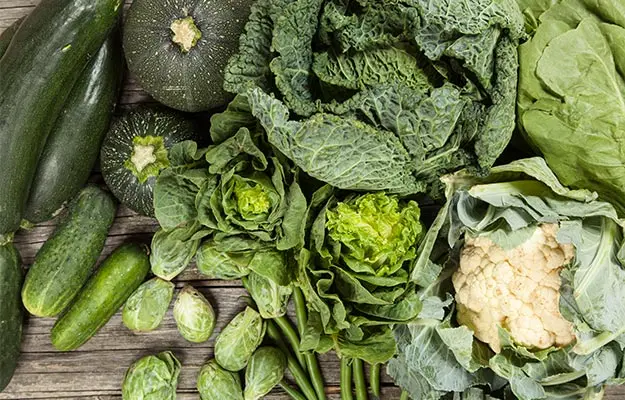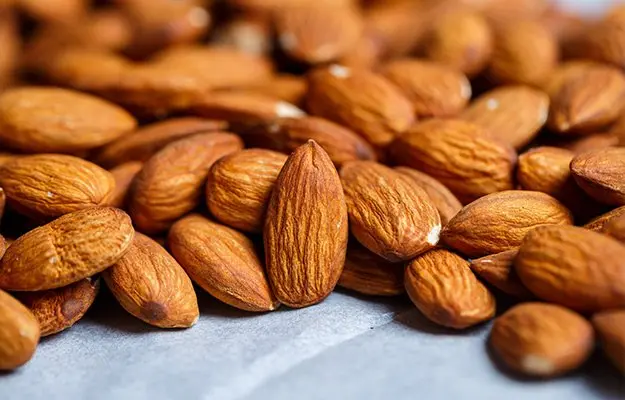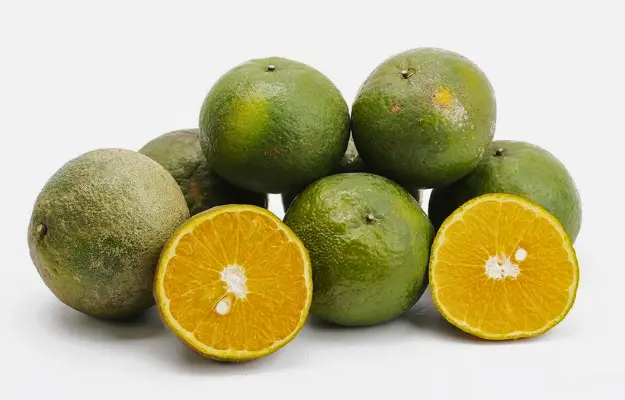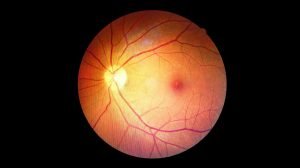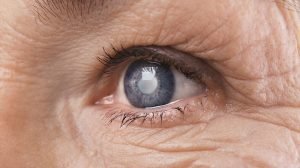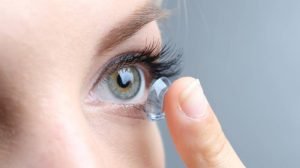Our eyes are truly the windows to our soul, but more than that, they’re essential tools that help us experience the world every single day. To keep your vision sharp and protect your eyes from diseases over time, nutrition plays an incredibly vital role. Did you know that what you eat can directly impact the health of your eyes?
This article will explore the best foods for eye health that you should add to your daily diet. Let’s dive into the essential nutrients and specific foods that help nourish your eyes from within, protecting them from harmful elements and common age-related eye conditions.
Essential Nutrients for Healthy Eyes
For healthy, well-functioning eyes that can withstand the test of time, you need a range of crucial vitamins, minerals, and antioxidants. They work together to protect eye cells, maintain retinal function, and prevent common eye diseases.
- Vitamin A and Beta-carotene: The “golden” nutrients for vision, especially night vision. Vitamin A is crucial for protecting the cornea and preventing dry eyes. Beta-carotene is a precursor to Vitamin A, which your body converts as needed.
- Lutein and Zeaxanthin: The dynamic duo for retinal protection. These two powerful antioxidants are highly concentrated in the macula of the retina, acting as “natural sunglasses” that filter out harmful blue light. They’re incredibly important for reducing the risk of macular degeneration and cataracts.
- Omega-3 Fatty Acids: The structural foundation of the eye. Particularly DHA, Omega-3s are major structural components of the retina. They help prevent dry eye syndrome, support vision development in children, and may lower the risk of certain eye conditions.
- Vitamin C: A powerful antioxidant. Vitamin C is a water-soluble antioxidant that helps protect the eyes from free radical damage. It also aids in collagen formation, a crucial component of the cornea and sclera (the white part of your eye).
- Vitamin E: An antioxidant shield. Similar to Vitamin C, Vitamin E is a strong antioxidant that helps protect eye cells from damage, potentially reducing the risk of cataracts and age-related macular degeneration.
- Zinc: Aids Vitamin A transport. This mineral plays an essential role in delivering Vitamin A from the liver to the retina to produce melanin – a protective pigment in the eye. Zinc is also an important factor in fighting macular degeneration.
- Anthocyanins: Powerful antioxidants found in berries, which help improve vision in low-light conditions and reduce eye strain.
>> Comprehensive Eye Care From the Inside Out
Top Foods That Are Great for Your Eyes
Now, let’s explore the foods you should eat to provide your eyes with all the essential nutrients they need:
Dark Leafy Greens
Vegetables like kale, spinach, broccoli, and bok choy are true “superfoods” for your eyes. They contain extremely high levels of Lutein and Zeaxanthin, along with Vitamins C and E. Regularly eating dark leafy greens helps protect the retina from the harmful effects of sunlight and free radicals.
Fatty Fish (Cold-Water Fish)
Fish such as salmon, mackerel, sardines, herring, and tuna are excellent sources of Omega-3 fatty acids, especially DHA. Adding fatty fish to your diet helps maintain retinal health, prevents dry eyes, and supports overall visual function.
Eggs
Eggs aren’t just a great source of protein; they’re also a nutritional treasure trove for your eyes. Egg yolks are particularly rich in Lutein, Zeaxanthin, Zinc, and Vitamin A. Regular egg consumption helps protect the cornea, supports night vision, and reduces the risk of age-related eye conditions.
Carrots and Sweet Potatoes
These vibrantly orange root vegetables like carrots and sweet potatoes are famous for their rich Beta-carotene content. Beta-carotene is converted into Vitamin A in the body, which is crucial for retinal health and helps prevent night blindness (difficulty seeing in low light) and dry eye issues.
Nuts and Seeds
Almonds, sunflower seeds, chia seeds, and walnuts are fantastic sources of Vitamin E and Omega-3s. Regularly eating these nuts and seeds provides powerful antioxidants, combats eye damage, and helps prevent cataracts and age-related macular degeneration.
Citrus Fruits and Berries
Oranges, grapefruits, tangerines, lemons, and various berries like blueberries, strawberries, and raspberries are all abundant sources of Vitamin C. This essential antioxidant helps protect eye cells from damage and may reduce the risk of developing cataracts. Blueberries, in particular, also contain anthocyanins beneficial for night vision.
Extra Tips for Maintaining Healthy Eyes
Beyond focusing on your diet, several lifestyle habits also play a crucial role in protecting your eye health:
- Wear good quality sunglasses: Always choose sunglasses that block 100% of UV rays to protect your eyes from sun damage, which is a common cause of cataracts and macular degeneration.
- Limit screen time: Follow the 20-20-20 rule (every 20 minutes, look at something 20 feet (about 6 meters) away for 20 seconds) to reduce eye strain and dry eyes.
- Quit smoking: Smoking significantly increases the risk of developing cataracts, macular degeneration, and optic nerve problems.
- Get regular eye exams: Even if you don’t have vision problems, regular eye check-ups are essential to detect eye conditions early and intervene promptly.
>> Digital Eye Strain: Protecting Your Eyes in the Screen Age with the 20-20-20 Rule
Frequently Asked Questions About Eye Nutrition (FAQ)
Q1: Can eating these eye-healthy foods mean I won’t need glasses?
A1: A healthy diet helps maintain and protect eye health, but it can’t “cure” refractive errors like nearsightedness, farsightedness, or astigmatism that you already have. You’ll still need to consult an ophthalmologist for advice on glasses or other refractive correction methods.
Q2: Are all fish oils good for my eyes?
A2: Most fish oils contain Omega-3s. However, it’s best to choose high-quality fish oil supplements from reputable sources, with appropriate EPA and DHA content, as recommended by a healthcare professional.
Q3: Do children need to eat these foods to protect their eyes?
A3: Absolutely! Nutrition is incredibly important for children’s visual development. Providing foods rich in Vitamin A, Omega-3s, Lutein, and Zeaxanthin from an early age helps support eye development and protects them from harmful factors.
Q4: Will eating too many carrots make me see better at night?
A4: Carrots are rich in Beta-carotene, which can improve night vision if you have a Vitamin A deficiency. However, if your night vision is already normal, eating more carrots won’t significantly enhance it. Consuming too much Beta-carotene can cause your skin to turn a yellowish hue, but it’s generally harmless.
Q5: Should I take eye nutrition supplements?
A5: For most people, getting enough nutrients from a balanced diet is sufficient. However, in certain specific cases (e.g., individuals at high risk of macular degeneration, those with special dietary restrictions), your doctor might recommend supplements. Always consult your doctor before starting any new supplement to ensure it’s safe and effective for you.
Conclusion
Taking care of your eyes is a long-term journey, and proper nutrition is an indispensable pillar. Regularly adding foods good for your eyes to your daily diet not only helps you maintain sharp vision but also actively protects your eyes from serious conditions.
Make healthy eating an integral part of your lifestyle to keep your eyes bright and healthy. For more in-depth advice on eye health or vision concerns, don’t hesitate to contact the specialists at European Eye Center. We’re always ready to support you on your journey to preserve and improve your vision.
